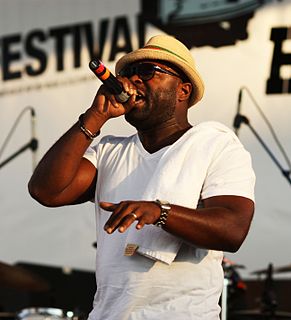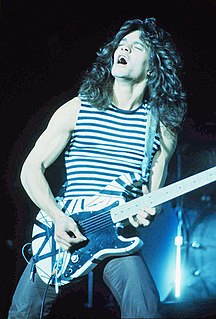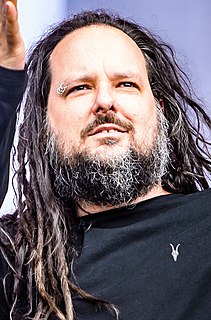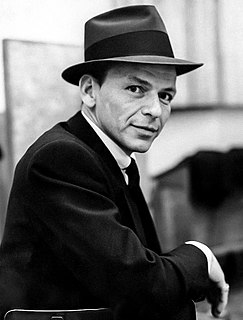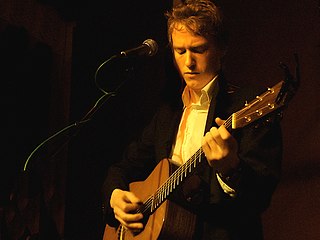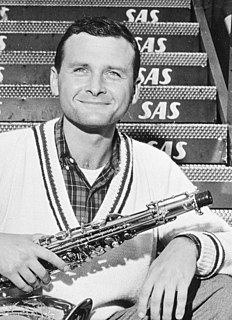A Quote by Flume
It's quite fun to mess with the human voice. It's quite special in the sense that the voice is the #1 instrument that we can connect with; it doesn't sound too alien. I think that's the key is to find the line between sounding human and sounding robotic. That's an area that I like to explore a lot.
Related Quotes
I definitely see the voice as an instrument: It makes great drums, great synth pads, great everything. Vocals can be so many things, like, "Hey, I'm Michael Jackson, and this is my iconic voice," or a choir of people sounding like Mozart's Requiem. Mariah Carey is my favorite singer because her voice sounds utterly groundless. It's not even a human voice; it almost sounds mechanical.
Not only does the modern person often think that sight is more important than sound - there's no objective evidence to indicate that. Many people, even audiologists who study the science of human speech and hearing, have assumed for a long time that the human ear evolved to hear the human voice, rather than the voice changing to fit the human ear. And the human ear is actually not a perfect match if we map its sensitivity to the different frequencies in the human range of hearing; it's an unequal curve, it's kind of a wavy line.
Did you know that the human voice is the only pure instrument? That it has notes no other instrument has? It's like being between the keys of a piano. The notes are there, you can sing them, but they can't be found on any instrument. That's like me. I live in between this. I live in both worlds, the black and white world.
I know it was a gift from God. My father was a preacher and my mother worked in churches all her life. My father had a very deep bass sounding voice and my mother had an in-between soprano voice. Not great singers, but they had great tones to their voices. I think that had a lot to do with it. Also, I really believe my voice was a gift from God. I believe if you take care of it, He will help you take care of it.
So much of what I love about poetry lies in the vast possibilities of voice, the spectacular range of idiosyncratic flavors that can be embedded in a particular human voice reporting from the field. One beautiful axis of voice is the one that runs between vulnerability and detachment, between 'It hurts to be alive' and 'I can see a million miles from here.' A good poetic voice can do both at once.
Any kind of creativity is not settling down into a happy little space. I don't try to be mellow or anything. I think I have quite... my voice is what it is, no matter what I'm singing, it's always going to sound like me. There's not too far I could go. I sound like myself. I hope that I haven't put any boundaries on anything.
Switch to piano! No. Really, if you like an instrument that sings, play the saxophone. At its best it's like the human voice. Of course, it would be best if you could actually sing with your own voice. The saxophone is an imperfect instrument, especially the tenor and soprano, as far as intonation goes. Therefore, the challenge is to sing on an imperfect instrument or 'voice' that is outside of your body. I love that challenge and have for over forty-five years. As far as playing jazz, no other art form, other than conversation, can give the satisfaction of spontaneous interaction.





